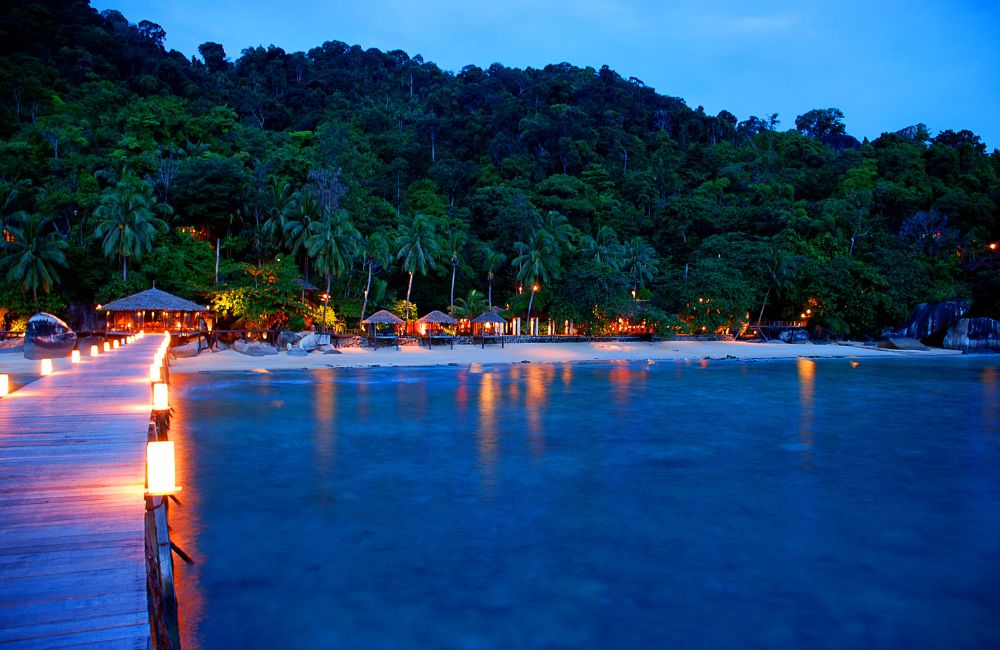
Hospitality Experience
Market & Financial Feasibility Study for Luxury Boutique Wellness Resort
A market and financial feasibility study for a luxury boutique wellness resort requires a comprehensive analysis of the market demand, competitive landscape, target audience, and financial viability to determine the project's potential for success. This process involves evaluating the alignment between the resort's concept and market trends while ensuring that the financial projections support sustainable profitability.
Project Scope
A market and financial feasibility study for a luxury boutique wellness resort requires a comprehensive analysis of the market demand, competitive landscape, target audience, and financial viability to determine the project’s potential for success. This process involves evaluating the alignment between the resort’s concept and market trends while ensuring that the financial projections support sustainable profitability.
The first step is an in-depth market analysis to assess the demand for luxury wellness experiences. This includes examining regional and international travel trends, particularly the growing interest in wellness tourism driven by health-conscious and affluent travelers. The analysis should identify the primary target demographics, such as high-net-worth individuals, couples, and professionals seeking rejuvenation and personalized wellness experiences. Evaluating these trends helps determine the resort’s potential market size and positioning within the luxury wellness segment.
Understanding the competitive landscape is also crucial. This involves analyzing existing and emerging luxury wellness resorts in the region to identify gaps in the market and opportunities for differentiation. The study should explore factors such as location, accessibility, service offerings, pricing strategies, and brand strength of competitors to craft a unique value proposition. Incorporating elements such as eco-friendly practices, local cultural integration, and bespoke wellness programs can enhance the resort’s appeal and competitive edge.
The financial feasibility aspect requires a detailed assessment of development and operational costs. This includes land acquisition, construction, interior design, and technology investments to deliver the planned luxury experience. Operational costs such as staffing, marketing, and maintenance must be projected alongside anticipated revenue streams from accommodations, wellness programs, dining, and ancillary services. Financial models should include sensitivity analyses to account for fluctuations in occupancy rates, pricing, and external economic conditions, ensuring the resort’s resilience and profitability.
Revenue projections should be grounded in realistic assumptions about occupancy levels, Average Daily Rate (ADR), and ancillary income from wellness packages and events. These figures must align with market research to avoid overestimations. Additionally, the study should explore potential financing options, partnerships, and investor opportunities to secure the required capital.
Regulatory considerations and sustainability are integral to the study. Compliance with zoning laws, environmental regulations, and building codes must be ensured. Integrating sustainable practices such as renewable energy, water conservation, and local community engagement can reduce operational costs and enhance the resort’s market appeal, particularly to eco-conscious travelers.
The study concludes with an evaluation of risks and mitigation strategies. Identifying potential challenges such as economic downturns, market saturation, or global travel disruptions allows the project to incorporate contingency plans and maintain long-term stability. A robust feasibility study ensures the resort is well-positioned to attract discerning travelers, achieve financial success, and establish itself as a leader in the luxury wellness market.
Project Location
Desaru Coast, Malaysia

